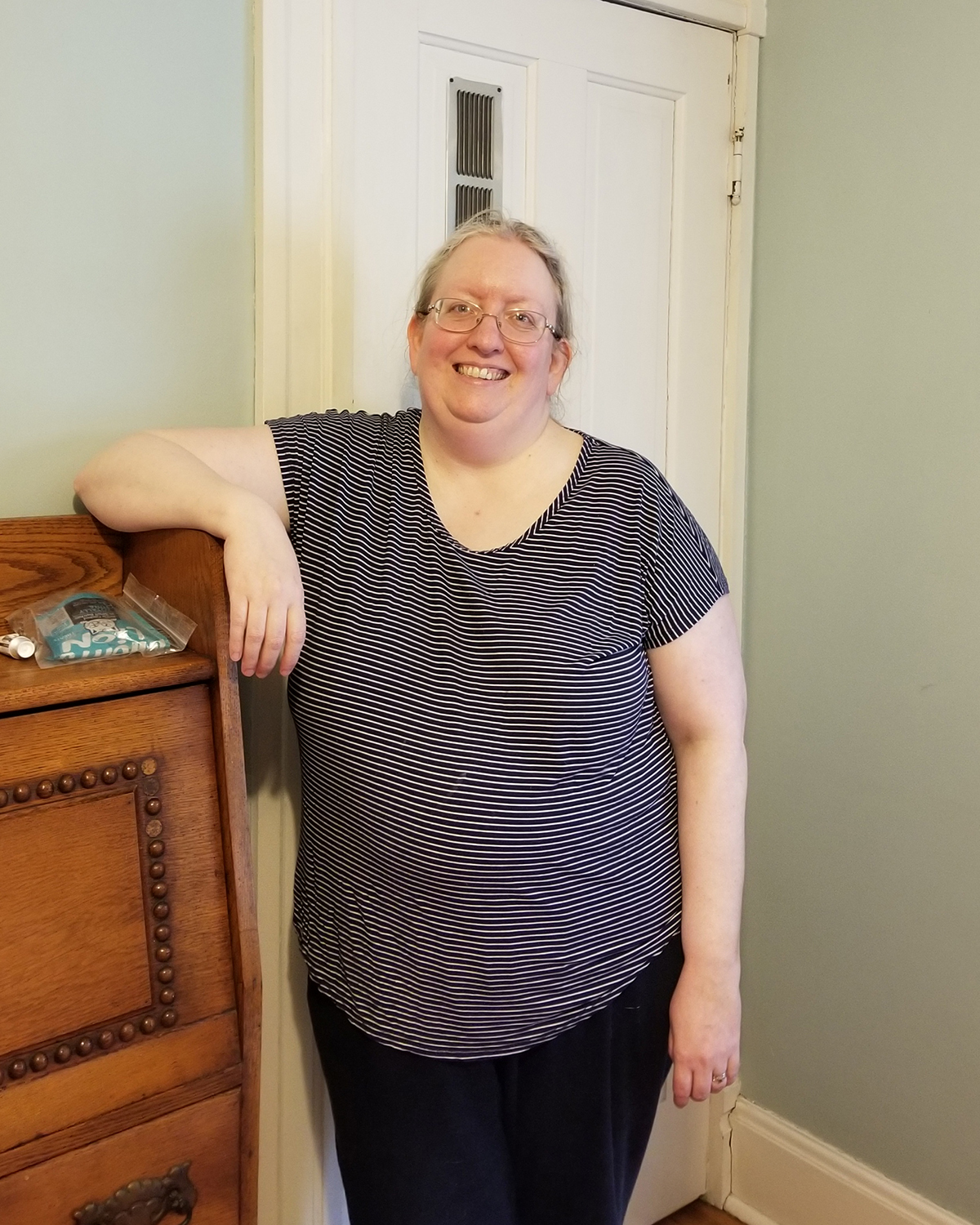June 19, 2020
By shifting her class from Cornell College’s historic campus to the virtual realm, Professor Michelle Herder found a better way to teach Renaissance history.

Her course, Trials and Transitions of the Renaissance, uses role-playing games to explore politics in 15th-century Italy and 16th-century England. Each student was assigned the role of a historical individual in each era and the course spilled out of the classroom for negotiation, politicking, and deal-making among individual students and small groups.
When the course moved online during the coronavirus pandemic, Herder’s challenge was to figure out how to recreate that immersive environment. She met the challenge by using Slack, a free chat platform used in many workplaces.
“For the role-playing parts of the course, that meant students posted their ‘speeches’ as text in the main discussion channel, and debate followed in those same channels. Students could use private channels with each other to negotiate in smaller groups or comment on what was going on in the main channel. It worked really well!” Herder said. “Students were really engaged and got into passionate and heated debates on the issues being proposed. The energy really grew day to day as the situations they were role-playing their way through got more complicated.”
The class met over 3 ½ weeks in March and April on Cornell’s One Course At A Time block schedule. It was the only class Herder taught, and the only class her 21 students took, creating an immersive environment that perfectly suited their role-playing.
“I’ve taught the course a few times before, and it is always a lot of fun. The game scenarios I use are from a series called Reacting to the Past, which is used at other colleges and universities as well. But the block plan makes it more immersive and more intense,” Herder said. “Every day students step into the classroom and are in a different world for a few hours. The environment is both fun and challenging, typically with a high level of energy and excitement, and this is one of my favorite courses to teach.”
Eli Craig had taken another of Herder’s role-playing classes, HIS 258–Indian Independence, Block 1, and was able to compare the in-person and online approaches.
“The online medium encouraged out-of-class work and discussion better than the physical classroom,” said Craig, of Minneapolis, Minnesota. “If I wanted to discuss some scheme or develop some alliance in HIS 258, I had to hunt down their contact information from someone who knew them, or catch them directly after class and hope they weren’t busy. All research and role-playing had to revolve around the window of class time. By removing that window and opening discussion time to all hours, as well as by making everyone’s contact info available through DMs [direct messages], extra discussion and class participation was easy and interesting.
“One of the things I appreciated most about the course was that Professor Herder adapted the class to work well within the online medium, instead of attempting to replicate the classroom in digital form.”
A number of dramatic turns occurred during the course. In one game, a student initiated an unsuccessful assassination attempt on another student’s character. In both games, there were accusations of heresy and treason. In just 3 ½ weeks, students generated over 4,000 messages including comments on historical texts, debate on proposals, and private deal-making.
“I think Slack worked exceptionally well. It lent itself very well to the scheming and intriguing nature of the game,” said Keelin Hogan of Fort Collins, Colorado. “I also very much enjoyed doing this class on the block plan. The compressed schedule really was in this case, very immersive. I woke up almost every day excited for this class because I became very interested and invested in all the character interactions and development of my ‘personal goals.’
“I had a ton of fun with this class, to the point that I was talking to my non-Cornell friends about it nonstop while it was going on. It was so wonderful and engaging and I adored almost everything about it!”
While they were having fun role playing, the students gained experience using Slack, a leading professional communications platform. And they learned other valuable lessons in addition to knowledge of history.
“Remember it is a game that is teaching you things,” said Jalen Howsare of Solon, Iowa. “It is tempting to get stressed or worried if your speech doesn’t convince enough people, or if your bill doesn’t pass. But just take a breath and look at what happened, and learn from that instead. Winning is ideal, but even losing you can learn things about the historical conflict, and that is what matters.”
Many Cornell College professors found new and unique ways to connect with students during distance learning classes Blocks 7 and 8. This is part of a series of stories about those courses.
"course" - Google News
June 19, 2020 at 09:00PM
https://ift.tt/3fIN39d
Renaissance course benefits from modern technology - Cornell College - Cornell College News
"course" - Google News
https://ift.tt/35q9ps5
https://ift.tt/35rCFi1
Bagikan Berita Ini














0 Response to "Renaissance course benefits from modern technology - Cornell College - Cornell College News"
Post a Comment